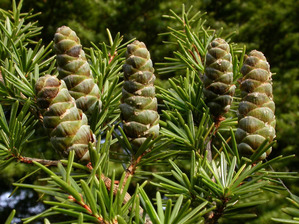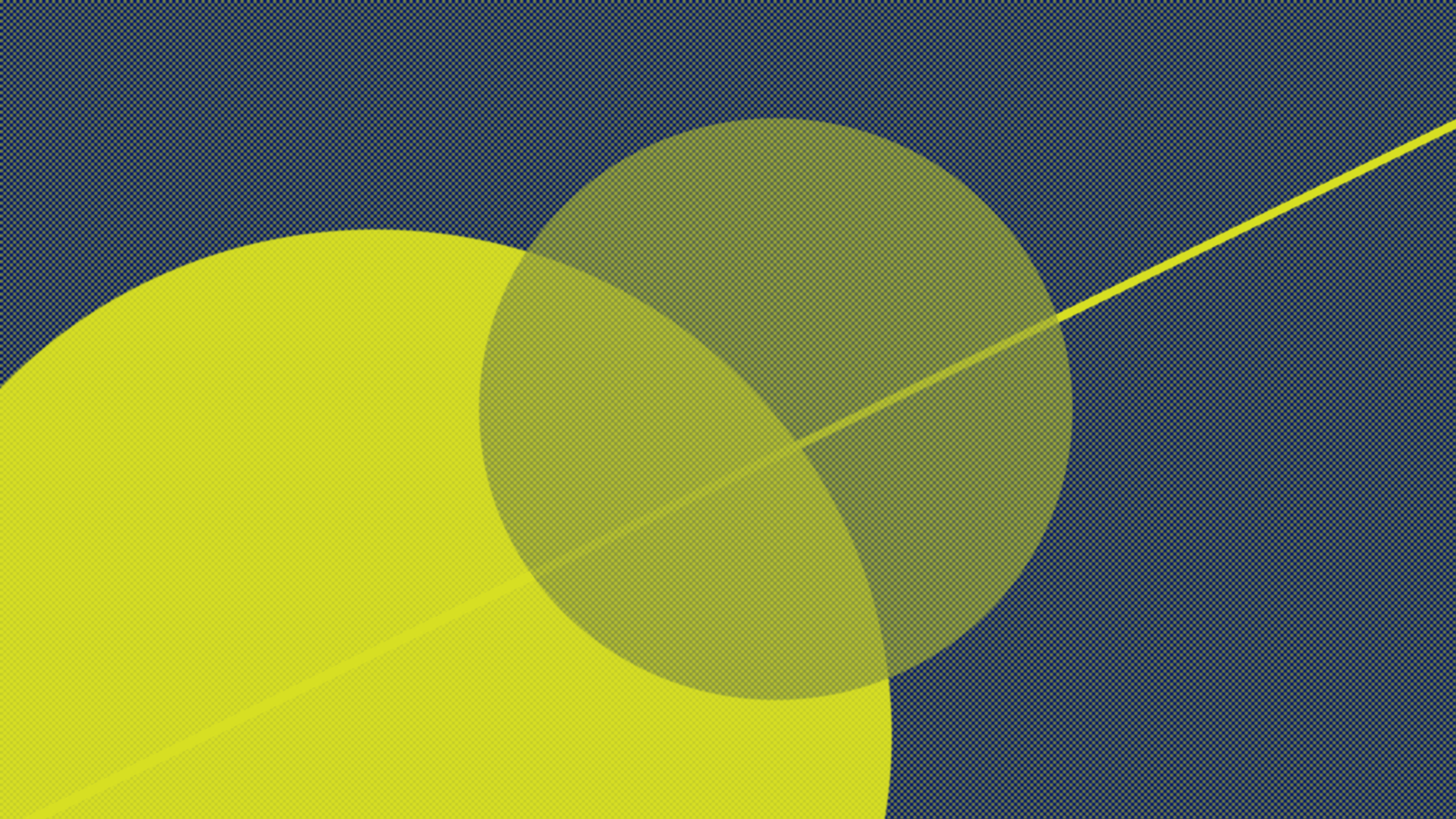Aggregating, tagging and connecting biodiversity studies
This is a guest blog from David Mindell, Brian Fisher, Peter Roopnarine, Roderic Page and others who were closely involved in the development of the PLoS Hubs: Biodiversity launched today – we are indebted to them for their support. A longer and fuller version of this post (with full references) will be submitted to PLoS ONE.
Scientists are amassing details about the scope and status of life’s variation at an accelerating rate. This aids our understanding of species distributions and their interactions over time. However, if we are to address the consequences of global environmental change for life’s future, biodiversity data must be integrated and synthesized to a much greater degree than they are at present, and this can be promoted by enhanced communication among the interested parties, and raising public awareness. Here, we call attention to a new community resource and tool which provides a step in the right direction.
PLoS has launched a Biodiversity Hub aiming to accelerate the discovery, dissemination and integration of biodiversity studies. The Biodiversity Hub provides three general services to users: it aggregates selected open-access biodiversity articles, adds value in the form of data/images etc and encourages community dialogue – you can find out more about these benefits in the official launch post.
Over the past decade, considerable progress in synthesizing and digitizing biodiversity related assets has been made. These resource assets include: Specimen datasets: GBIF; Interoperability among datasets and databases: GEO BON; Taxonomic literature: BHL; Taxonomic names: Zoobank; IPNI; Catalogue of Life; Molecular sequence data: GenBank; Barcode of Life; Images: MorphBank; ARKive; Phylogenetic relationships: Tree of Life; Natural history: Encylopedia of Life; Conservation status of species: IUCN Red List; TreeBASE and WWF Wildfinder.

Far less effort has been expended to integrate these assets with the publication process. For this reason, scientists and the public are not reaping the potential benefits. The PLoS Hub on Biodiversity offers a chance to address these shortcomings and opportunities in the current publication process while at the same time enhancing PLoS’s overall mission to disseminate, synthesize, and connect scientific knowledge.
One of the basic challenges for biodiversity scientists is comprehending and describing life’s variation more thoroughly. Providing names and phylogenetic classifications, where possible, is an integral part of this task. Understanding the functioning of complex systems without basic knowledge of the primary system components is difficult if not impossible.
Museum specimen and species databases, useful for macroorganism research, are growing and continue to mature. Comparative molecular data sets from diverse species also continue to grow, and are providing our best understanding of microorganism diversity and evolution.
Although our basic knowledge of biodiversity is increasing, analyses based on the best available long-term data sets indicate that, the high rates of diversity decline for many organismal groups continue undiminished. The reality of species loss and changing distributions resulting from human activities lends urgency to the study of connections between the health of biological diversity, the health of ecosystems and ultimately the health of human populations.
The Hub is a work in progress and its potential benefits are many. These include enhancing information exchange and databasing efforts by adding links to existing publications and adding semantic tagging of key terms such as species names, making that information easier to find in web searches. Increasing linkages and synthesizing of biodiversity data will allow better analyses of the causes and consequences of large scale biodiversity change, as well as better understanding of the ways in which humans can adapt to a changing world. We welcome feedback on the pilot site to hubs@plos.org.
